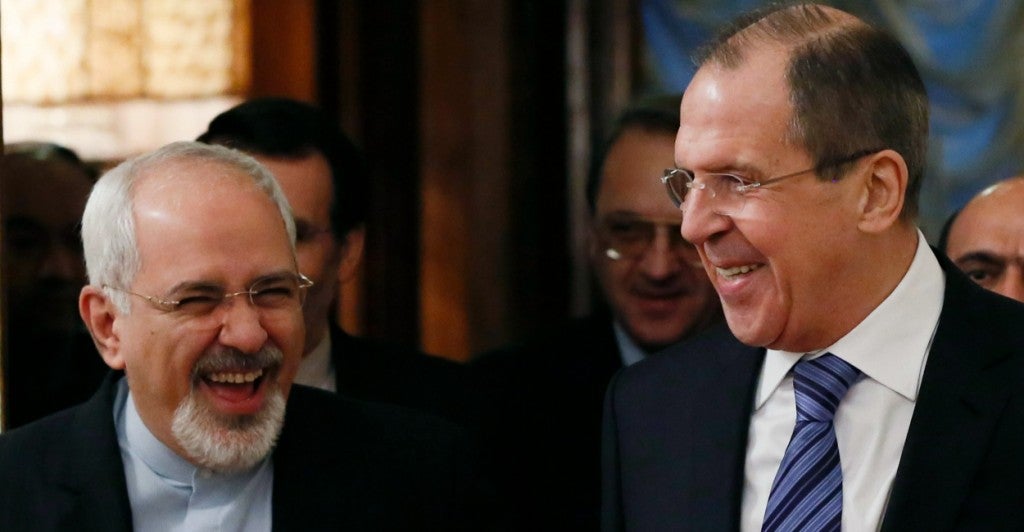The Senate Committee on Foreign Relations will mark up legislation Tuesday that would allow Congress to review any nuclear deal agreed upon with Iran.
The bill, introduced in February by the committee chairman, Sen. Bob Corker, and then-ranking minority member, Sen. Bob Menendez, D-N.J., would prevent President Obama from lifting economic sanctions on Iran for 60 days until Congress reviews the complete details of any agreed deal. Congress could then vote to approve or disapprove the lifting of sanctions on Iran.
The Obama administration is attempting to avoid congressional involvement in the Iran deal that might prevent a comprehensive agreement from being reached. Yet Corker plans to move forward with the bill, which has bipartisan support, in order to enable a very concerned Congress to exercise oversight over decisions on sanctions that were originally imposed by Congress.
The most recent reason for concern in Congress is the announcement by Russian Foreign Minister Sergey Lavrov on Monday that Russia lifted a self-imposed ban on the sale of S-300 air defense missile systems to Iran.
Russia signed an $800 million contract in 2007 for the sale of the sophisticated conventional weaponry, but placed a suspension on their delivery three years later in 2010, after intense pressure from the United States and Israel.
With the ban now lifted by decree from President Putin, these highly advanced missile systems would tremendously increase Iranian military capabilities. The S-300 missile defense system can detect multiple targets simultaneously up to 125 miles away and shoot down aircraft, cruise missiles and ballistic missiles.
The S-300 transfer would further solidify the protection of Iran’s nuclear program and complicate any attempt by the United States or Israel to launch air strikes against Iranian nuclear facilities. It would be a direct challenge to Washington that underscores the weakness of the Obama administration’s Russian “reset” policy.
Furthermore, the Russian backsliding complicates the administration’s Iran policy. If Moscow is willing to break ranks with the West on arms sales to Iran, then it also may go its own way at the U.N. Security Council on the question of lifting sanctions on Iran. This could complicate Washington’s efforts to build an automatic “snap-back” mechanism that would reimpose U.N. sanctions if Iran violates the deal.
An already complex negotiation with Iran is rapidly becoming even more complex.
